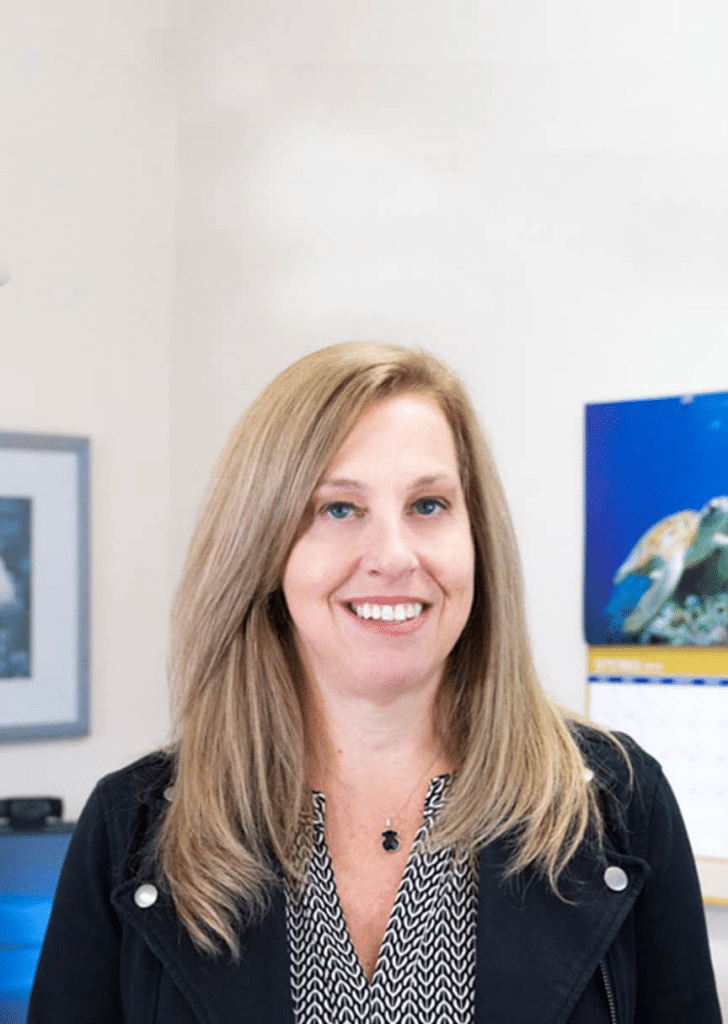Belinda Z. Burgos González
Agencia Latina de Noticias de Medicina y Salud Pública
La endometriosis no se percibe como una enfermedad como por ejemplo lo es la diabetes. Más bien, la percepción de esta enfermedad incurable e incapacitante es que se trata de una “changuería” en distintos escenarios sociales, como lo son la pareja y la familia, constituyendo ambos la primera línea de apoyo que suponen tengan estas pacientes.
En el ámbito laboral y entre la atención con profesionales de la salud esta percepción no se excluye. Esto significa un serio problema que coloca a esta comunidad en una posición de vulnerabilidad social.
Estos datos preliminares están contenidos en un estudio realizado por las estudiantes doctorales
Yatzmeli Matías González y Astrid Sánchez Galarza, ambas adscritas al Programa de Psicología clínica de la Ponce Health Sciences University (PHSU) junto a los investigadores y catedráticos, Dra.Idhaliz Flores Caldera y el Dr. Eliut Rivera-Segarra.
El mismo agrupó grupos focales en donde se entrevistaron a 50 mujeres cisgénero puertorriqueñas sobre sus experiencias viviendo con endometriosis.
“El hallazgo principal de nuestro estudio fue que en el contexto puertorriqueño hay una percepción de que la endometriosis es una “changuería”. Es decir, no se percibe la endometriosis como una condición de salud como por ejemplo la diabetes. Esta percepción de la endometriosis como una “changuería” ocurría en múltiples contextos sociales como, por ejemplo: en su contexto de pareja y familia, en el ámbito social y laboral e incluso en interacciones con profesionales de la salud”, explicó Matías González.
“Eso es un serio problema que les coloca en una posición de vulnerabilidad social. Porque, por ejemplo, cuando una persona llega a una oficina médica y quien le atiende le dice que el dolor que siente no es otra cosa que una “changuería”, esa persona no va a regresar y no va a recibir el tratamiento adecuado. Por ende, cuando se etiqueta a una persona que vive con endometriosis como “changa” o se les dice que su dolor “es una changuería”, se impacta directamente su salud física, mental y socia”, añadió.
Para la doctora Flores, destacads por esfuerzo científico en Puerto Rico para el avance y detección temprana de la enfermedad y ha dado testimonio como paciente, estos hallazgos representan la “etiqueta” que muchas pacientes deben cargar, y ahora se demuestra con hallazgos de un estudio de investigación.
“Este estudio es importante porque resalta una etiqueta que muchas pacientes con endometriosis experimentan día a día: en Puerto Rico ser una “changa” implica debilidad, quejarse sin razón, ser hipersensible. Sin embargo, las pacientes con endometriosis son en mi experiencia todo lo contrario: se enfrentan con valentía a unos síntomas incapacitantes y no se rinden en el proceso de buscarles solución. Ellas solo piden empatía, que les crean cuando explican la magnitud de su dolor. Llamarlas changas es además de desacertado, invalidante a sus experiencias personales”, afirmó.
El que se hayan documentado estas experiencias bajo un proceso empírico demuestra el impacto que tiene esta población de mujeres quienes enfrentan tal estigma, además de su diagnóstico y estadio de la enfermedad y que por ende, pudiera retrasar tanto el diagnóstico y tratamiento de la misma.
“Aún resta por entender si estas experiencias son particulares al contexto de Puerto Rico o si por el contrario también son prevalentes en otros contextos de América Latina. De igual forma aún queda por investigar cómo se relaciona el estigma con síntomas específicos de la condición, así como con la evolución de la misma. Nuestro equipo de investigación compuesto por estudiantes, científicos biomédicos y sociales de la Ponce Health Sciences University, continúan estudiando esta y otras variables psicosociales para lograr desarrollar intervenciones que atiendan de manera integral la salud y bienestar de esta población”, concluyó Matías González.
Acceda al estudio aquí:
Matías-González, Y., Sánchez-Galarza, A., Flores-Caldera, I., &Rivera-Segarra, E. (2020). “Es que tú eres una changa”: Stigma Experiences Among a Group of Women Living with Endometriosis in Puerto Rico. Journal of Psychosomatic Obstetrics & Gynecology.
